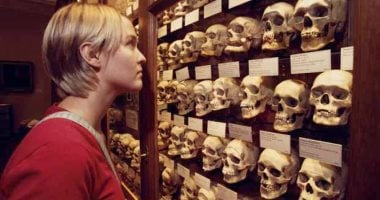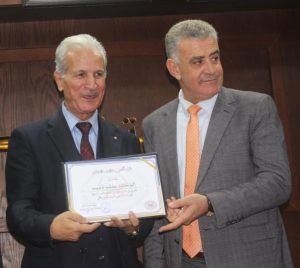The Mutter Museum in Philadelphia, known for documenting medical history and having faced intense controversy in recent years, announced a new policy for displaying human remains in its collection, according to Artnews. The policy was revealed at a press event aiming to shift the museum’s approach to focus more on the lives of patients and the changing context of medical practices over time, rather than presenting items as mere anatomical curiosities. Sarah Ray, the museum’s Senior Director of Interpretation and Engagement, told WHYY that ongoing research by their collections team shows the real question is whether human remains can be displayed in a way that is just to both the individuals whose remains are held and the public served. The answer is “yes.” This new approach will translate into updates in guided tours, exhibit labels, and accompanying digital materials.
This policy follows a two-year “After Death” project involving focus groups, open house meetings, and an interactive exhibit, according to WHYY. The museum, managed by the College of Physicians of Philadelphia, attracts over 100,000 visitors annually with displays of medical instruments, anatomical models, and other biological specimens. Its previous slogan was “disturbingly informative.” Over the past two years, the museum faced strong public reactions after former executive director Kate Quinn removed all exhibits and YouTube clips in June 2023 as part of a comprehensive ethical review of the collection. Subsequently, many American museums reconsidered their policies on human remains, especially after a ProPublica investigation revealed that about 100,000 remains of Indigenous people are still held by various institutions despite a federal law passed thirty years ago mandating their return.













Recommended for you
Exhibition City Completes About 80% of Preparations for the Damascus International Fair Launch
Talib Al-Rifai Chronicles Kuwaiti Art Heritage in "Doukhi.. Tasaseem Al-Saba"
Unified Admission Applications Start Tuesday with 640 Students to be Accepted in Medicine
Egypt Post: We Have Over 10 Million Customers in Savings Accounts and Offer Daily, Monthly, and Annual Returns
Al-Jaghbeer: The Industrial Sector Leads Economic Growth
His Highness Sheikh Isa bin Salman bin Hamad Al Khalifa Receives the United States Ambassador to the Kingdom of Bahrain